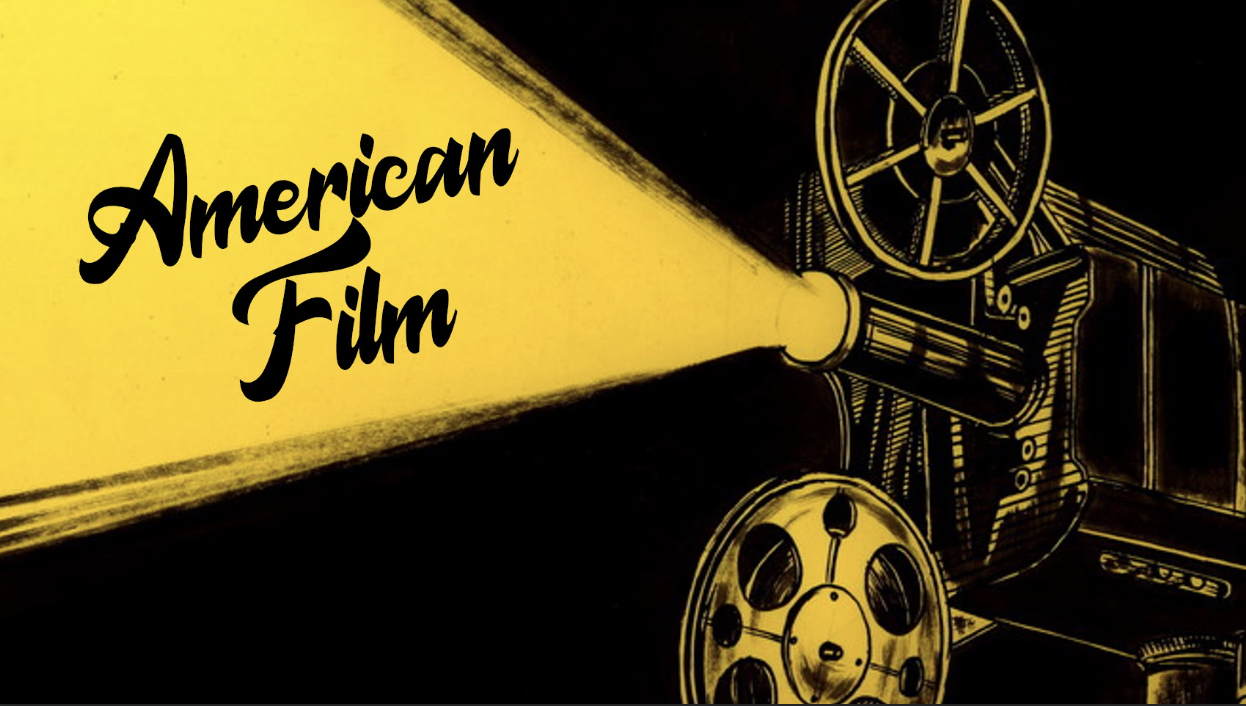One of the world’s great critics investigates what American cinema reveals about the American psyche – including the masterpieces of Hitchcock, Wilder, Lynch and more.
Cinema might have been invented in France but its home is and always will be Hollywood. Is there a unique DNA that distinguishes “an American movie”? If so, how does it reflect and transform the turbulent history of that nation – indeed the very nature of Americanness?
David Thomson has dedicated his life to enriching our understanding of cinema. The Atlantic calls him ‘probably the greatest living film critic and historian’; Michael Ondaatje says he is ‘our most argumentative and trustworthy historian of the screen’, while for John Banville he is simply ‘the greatest living writer on the movies’. Sight and Sound magazine heralds his New Biographical Dictionary of Film to be the greatest book ever written on the subject of cinema.
Now David returns to How To Academy to lead a journey through the history of American film: a unique and highly personal course taking us through ‘six films in search of America’.
We’ll investigate how Hollywood thinks of itself in Billy Wilder’s unforgettable masterpiece Sunset Boulevard and the psychological horror lurking at the heart of American suburbia in David Lynch’s Blue Velvet; we’ll find out why the British Alfred Hitchcock’s Vertigo is widely considered the greatest American film and how Barbara Loden ushered in a revolution in screen realism in Wanda.
We’ll meet the legendary faded star Norma Desmond (“I am big, it’s the pictures that got small!”) and the terrifying pimp and drug dealer Frank Booth (“In dreams, you’re mine, all the time, forever”), and other characters whose essence has become inscribed into popular culture. And we’ll discover the rich tapestry of thematic and human connections that shaped the definitive art form of the last century – and of this one.
This course is available individually or as a discounted bundle with American Literature – a Six-Part Course for Curious Minds.
The Programme
Week One – Greed (1924)
The classic silent epic with a very blunt title. Erich von Stroheim planned to adapt Frank Norris’s novel McTeague – he foresaw a ten-hour movie. Only two hours remain because the studio insisted on moderation. Never mind: this remains a startling adventure in unsentimental realism, shot in the Bay Area, but moving to its climax in Death Valley. Maybe the first film masterpiece from America.
Week Two – The Shop Around the Corner (1940)
What are movies without love stories? But what is love? Here we are in a Budapest recreated in Culver City, with two appealing people (James Stewart and Margaret Sullavan) who are sure they dislike each other. But they are writing love letters in secret to strangers, the loves of their lives – to themselves! Under the direction of Ernst Lubitsch, here is a comedy of ironic manners that teaches us how foolish we can be in love.
Week Three – Sunset Boulevard (1950)
By 1950, something in the air told us to reappraise Hollywood. Had all the fun been a ticket to the madhouse? A failed screenwriter (William Holden) takes refuge in a decaying mansion on Sunset. Its resident is Norma Desmond (Gloria Swanson) who used to be big in pictures. She’s a recluse now but maybe she’ll make a comeback. As directed by Billy Wilder, this also offers Erich von Stroheim as the butler in the house, Norma’s ex-husband, and her director.
Week Four – Vertigo (1958)
There is mystery in so many movies. Jimmy Stewart is a former cop who retired because of his vertigo. Yet he lives in that very steep city, San Francisco. An old friend offers him a job to watch and follow his wife, who may be having a breakdown. Of course, Jimmy falls for her – she is Kim Novak – but that brings a lot of trouble. As created by Alfred Hitchcock, this is a pained admission of how falling is essential in pictures.
Week Five – Wanda (1970)
A revolution in naturalism, a movie about people who never used to get on screen. Barbara Loden was an actress who fell short of stardom. But she longed to direct, and here is her only film, the story of a hopeless case wandering in the lower depths of an unromantic landscape. With Loden playing Wanda. To see it is to adapt to new rhythms and hopes and to ask questions about the nature of cinema and the place it offers women.
Week Six – Blue Velvet (1986)
An all-American boy (Kyle McLachlan) finds a severed ear on a piece of waste ground. That draws him into a warped fairy tale, in which he is torn between his sweet girlfriend (Laura Dern) and a tragic femme fatale (Isabella Rossellini). Then there’s the roaring ogre – embodied by Dennis Hopper. David Lynch’s movie was often deemed an outrage in 1986. But by now it is a monument to how film can draw us into the psychic depths of our being.






